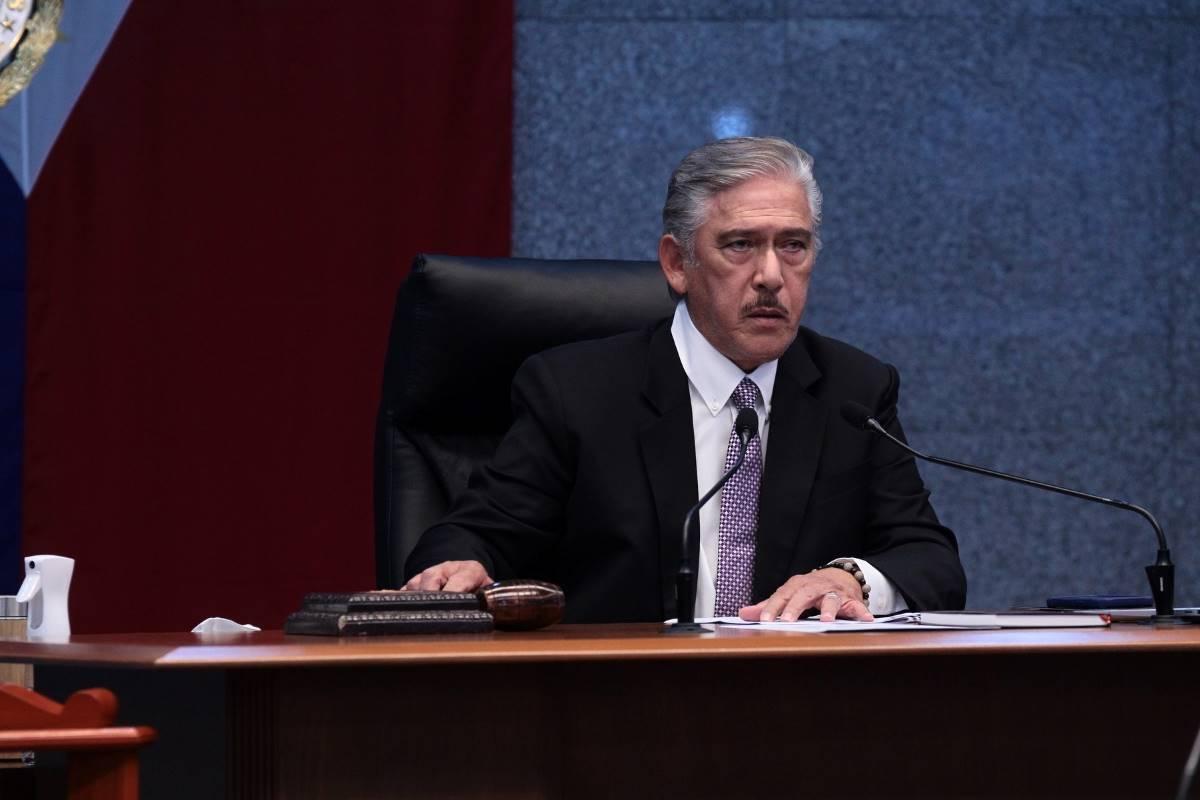Sotto: ‘Slim’ chances of Oil Deregulation Law review unless special session called

There is only a “slim” chance of a review of the Oil Deregulation Law in the 18th Congress unless President Rodrigo Duterte calls for a special session, Senate President Vicente Sotto III said Wednesday.
“Depende. Fast break but very slim chances because of time constraints unless a special session is called,” Sotto told GMA News Online in a text message.
At a press conference before their campaign-related activities in Camarines Norte, Sotto, who is running for vice president in Eleksyon 2022, said reviewing the law would take time in the Congress but its repeal could be more doable.
“Kung ire-review, medyo may katagalan kung i-repeal, okay din payag na payag ako kasi ang boto ko dyan [dati ay] ‘no,’” Sotto recalled.
(If we review the law that would take a long time ,but if we will repeal it, I would support it because I voted “no” on the passage of that law back then.)
“I voted ‘no’ kasi kinakabahan ako na mangyayari ang nangyayari ngayon, tama na naman kami…Ngayon, nakikita natin ‘di makakilos ang gobyerno. Ako ay pabor sa sinasabi ng Palasyo,” he added.
(I voted ‘no’ because I am afraid of its effect which is happening now. Right now, we can see that the government can’t do anything about it. That’s why I agree with the stand of the Palace.)
At a press briefing earlier in the day, acting presidential spokesperson Karlo Nograles said the review of the Oil Deregulation Law is among the medium-term measures agreed upon during Tuesday's top-level special meeting presided by President Rodrigo Duterte.
Duterte called the meeting amid the ongoing situation in Ukraine by Russia, one of the world's top oil producers and exporters.
Under the law, formally known as the Downstream Industry Deregulation Act, government control is removed to help oil companies become more competitive with their supply and pricing of petroleum products.
Congress had adjourned session last February 4 and will only resume session by May 23 or after the May 9 national and local elections. The break was for the campaign period for the candidates.
Sotto and his running-mate, Senator Panfilo Lacson, said Duterte could call for a special session but it should be done before the Congress resumes sessions on May 23 or before the 18th Congress ends on June 3.
“Puwede [mag-special session] pero baka walang time e. Baka ang dalawang linggo [from May 23 to June3], ‘di kayanin… mahabang debate ‘yan,” he said.
(We could call for a special session but they might be no time. We might not finish it in two weeks because that would require extensive debates.)
For his part, Sotto explained that a special session can no longer be called after June 3 or the sine die adjournment of Congress as it is prohibited by the Constitution.
“Ang talagang puwede [ay] ngayon [The only possible time for it is now]. If they want a special session they the president should call for one now, in the next few days or in the next few weeks before May 9 that is the only time that a special session can be called if it is that urgent for them,” he said.
'Walk the talk'
For his part, Bayan Muna lawmaker Carlos Zarate said the Palace should "walk the talk" by certifying as urgent the bill that will repeal or, at the minimum, review and amend the Oil Deregulation Law.
"Matagal na nating panawagan ang pagbasura sa Oil Deregulation Law pero ang Malacañang mismo lalo na ang mga economic managers nito ang di pumapansin o di kaya ay lantarang tumututol dito. Tapos ngayon ipapasa nila sa Kongreso ang sisi," Zarate said.
(We have been calling for the abrogation of this law, but Malacañang and the economic managers have been ignoring our appeal. Then now, they will blame us?)
Albay Representative Joey Salceda, meanwhile, proposed a four-point amendment of the Downstream Oil Industry Deregulation Law that would "enhance competition in the fuel sector, strengthen and institutionalize consumer protection, and protect and promote national economic security."
“The most important component of my proposal will be creating a strategic petroleum reserve that the government would stock during periods of abnormally low prices," Salceda said.
"This would help ensure adequate supply at affordable domestic prices during periods of high world market prices. When price increases are artificial or due to collusion among players, it will also help the state pop such bubbles," he added.
Salceda said the unbundling of retail prices of fuel is also needed, as well as requiring all fuel outlets to update any change in retail prices through a central government database for efficient monitoring.
"The fourth component will be price transparency. The database that retailers will update will be made available and presented in an easy-to-navigate format for the consuming public, so that they can make informed decisions about their purchases. That will also help undercut abnormally high prices," he said. — BM, GMA News



